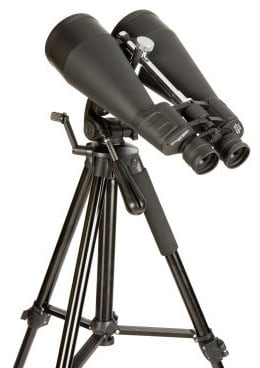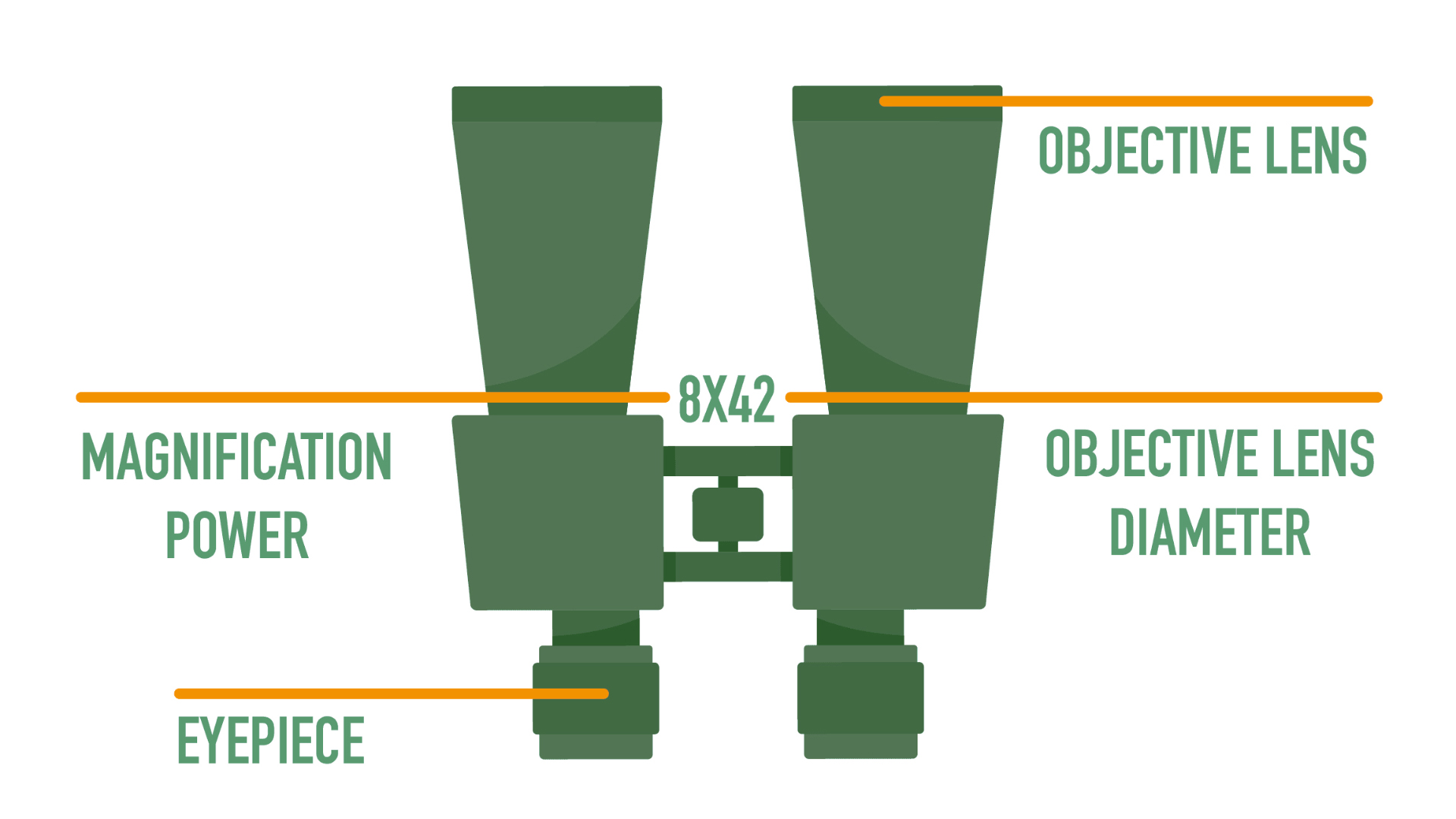Ideal Tips for Selecting the Right Binoculars for Bird Enjoying
The Value of Binoculars in Education And Learning and Scientific Research: Just How These Optical Instruments Add To Understanding and Expedition
The assimilation of binoculars right into educational settings and scientific research is typically forgotten, yet their contribution to improving empirical abilities is significant. In techniques varying from environmental science to astronomy, field glasses offer as necessary tools that promote query and crucial reasoning.
Enhancing Observational Abilities
In academic and research study setups, using field glasses considerably enhances empirical skills amongst trainees and professionals alike. These optical tools facilitate a deeper understanding of remote subjects, making it possible for customers to observe details that would otherwise stay hidden. By employing field glasses, students can examine wild animals, astronomical phenomena, and geological formations, fostering a much more extensive connection to the topic.
Binoculars work as necessary tools in area researches, encouraging trainees to involve proactively with their setting. Via improved observation, they can collect data extra properly, leading to enhanced logical skills. This hands-on experience enables for the advancement of critical reasoning, as trainees need to interpret what they see and connect it to theoretical knowledge.

Bridging Concept and Method
Empirical skills developed via the usage of binoculars naturally lead to an extra profound integration of academic understanding with practical application. By taking part in straight observation, students can transform abstract principles into concrete experiences. This harmony fosters a deeper understanding of clinical principles as trainees attach theoretical frameworks with real-world phenomena.
For circumstances, when studying avian biology, pupils can use their expertise of bird composition and actions through the lens of field glasses, observing attributes such as plumage variation, feeding routines, and migratory patterns. This straight involvement not only enhances academic principles but likewise grows vital reasoning and logical abilities.
Moreover, making use of binoculars urges students to create theories based upon their observations, thus enhancing their scientific inquiry skills. They can proactively test these theories in the area, leading to a more experiential knowing environment that promotes interest and exploration.
Essentially, binoculars act as a crucial device in bridging the gap between classroom learning and fieldwork - Binoculars. They empower trainees to become active individuals in their education and learning, motivating an alternative technique to understanding the natural world and its complexities. Thus, the integration of concept and method is crucial for promoting educated and engaged learners
Applications in Environmental Science
Making use of field glasses in ecological science enhances the capability to observe and evaluate ecological communities with greater precision. These optical instruments are crucial for performing area research studies, allowing researchers to monitor wildlife populaces, assess plant wellness, and review environment problems without disturbing the natural atmosphere. Field glasses promote the identification of types at numerous distances, permitting researchers to collect crucial data on biodiversity and actions.
In environmental research, binoculars are vital devices for ornithologists examining bird behavior and migration patterns. They make it possible for researchers to tape-record observations over extended periods, adding to important longitudinal studies - Binoculars. Additionally, binoculars play a crucial duty in environment assessments, as they enable the detailed monitoring of plant neighborhoods and their interactions within ecological communities
Environmental educators additionally gain from field glasses, as these instruments improve experiential understanding opportunities. Trainees can involve directly with their surroundings, fostering a much deeper recognition for environmental systems. By integrating field glasses right into curricula, instructors can motivate the next generation of ecological scientists.
Function in Astronomy Education
Making use of binoculars have a peek at these guys in astronomy education and learning provides an accessible entrance for students and fanatics to discover holy sensations (Binoculars). Unlike large telescopes, field glasses are portable, easy to use, and relatively inexpensive, making them a perfect introductory tool for observing the evening sky. Trainees can quickly engage with the universes, promoting a hands-on understanding experience that improves their understanding of expensive concepts
Binoculars allow users to observe a variety of celestial objects, including the Moon, planets, and galaxy. This availability encourages expedition and monitoring, essential parts of scientific query. Pupils can develop vital skills such as information collection, observation techniques, and also fundamental astrometry. Notably, field glasses function as a bridge to extra complicated astronomical More Bonuses tools, offering fundamental experiences that can trigger deeper interest in the field.
In academic setups, assisted binocular sessions can advertise group partnership and conversation, enhancing the finding out experience. The common experience of observing heavenly bodies can cultivate a sense of neighborhood amongst learners. On the whole, field glasses play a critical function in demystifying astronomy, making it approachable and interesting for people in all levels of education.

Inspiring Inquisitiveness and Query
Binoculars not just promote the observation of holy phenomena yet likewise spark a sense of inquisitiveness and questions among trainees. By giving a closer look at remote objects, binoculars encourage learners to ask concerns and check out the environment around them. This device changes easy discovering into an energetic, engaging experience, cultivating a much deeper understanding of clinical concepts.
When students utilize field glasses to observe wildlife, landscapes, or huge things, they establish observational abilities that are crucial for clinical query. The act of focusing on particular information triggers them to create theories, conduct investigations, and attract final thoughts based upon their observations. This procedure not only improves their critical believing capabilities but additionally nurtures a long-lasting passion for expedition.
Additionally, binoculars can bridge the gap in between academic understanding and real-world application. As pupils observe phenomena firsthand, they can connect class discovering to useful experiences, making education and learning a lot more pertinent and purposeful. Inevitably, making use of field glasses in educational setups works as a catalyst for interest, equipping students to seek knowledge with enthusiasm and fostering a feeling of wonder about the globe around them. This way, field glasses play an essential duty in motivating future generations of scientists and thinkers.
Conclusion
In recap, binoculars function as important tools in education and learning and scientific this hyperlink research, considerably improving observational abilities while connecting the void between academic expertise and sensible application. Their diverse applications in areas such as ecological scientific research and astronomy highlight their importance in fostering inquisitiveness and query amongst pupils. By promoting comprehensive examinations of distant topics, binoculars not only inspire the future generation of scientists however additionally cultivate a profound admiration for expedition and the clinical method.